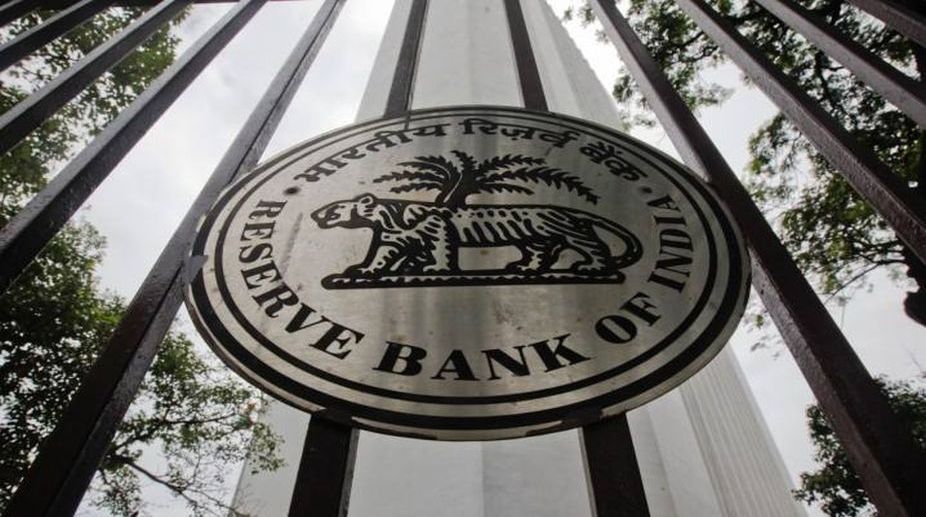Indian stock markets shut for Eid celebrations
Indian stock exchanges are shut Thursday for Eid, with normal trading activities resuming Friday.

Representational Image (Photo: Facebook)
The minutes of the Monetary Policy Committee’s meeting held on 6 December suggest a majority members with an exception of Ravindra H flagged rising crude oil prices, fiscal slippage, rising consumer price index linked inflation and uncertainty over economic growth as factors forcing them to vote for status quo on Reserve Bank of India’s policy rate.
It is the rate at which the central bank offers finance to commercial lenders. Currently, it is at 6 per cent, lowest in six years. Analysts say the minutes released should make it clear that the central bank is unlikely to tone down its “hawkish bias” when the MPC meets again in February after Finance Minister Arun jaitley presents the Budget on 1 February.
Apparently, Governor Urjit Patel set the ball rolling in favour of status quo expressing concern over rising oil prices and uncertainties on fiscal and external fronts. “The recent upturn in crude oil prices has emerged as a source of concern. Several uncertainties especially on fiscal and external front persist,” said the Governor having made his point while voting against effecting change in the policy stance.
Advertisement
The minutes revealed that RBI deputy governor Viral Acharya and executive director Michael Patra, known for their hawkish or no-nonsense approach, wanted to send a strong message through the minutes. Acharya also pointed out that the global commodity cycle seemed to have turned with oil prices having rebounded. This has created significant input cost pressure in the economy which at some stage might get passed on to retail prices, he said.
This led to the revision of CPI projections in the range of 4.3 per cent and 4.7 per cent in the official policy statement on 6 December. Patra observed that he “is far from sanguine on economic growth” in remaining two quarters of the FY 2017-18. He also added that the price pressure was no more confined to just vegetable and fruit prices but was broad based.”
Dholakia was the only dissenter in the six-memberMPC asking for further repo cut by 0.25 per cent. He made a case for promoting economic growth using low cost of funds as desired largely by the government, corporate and banks.
Analysts say the minutes suggest the tone of discussion at MPC meet was hawkish although it opted to maintain “neutral” policy stance.
Commenting on the minutes released by the RBI, Japan’s Nomura expects the MPC to vote to maintain status quo again in its next policy meeting on 7 February.
Release of MPC meet sent 10-year bonds yield to 17 month high of 7.26 per cent in the morning.
The previous high of 7.21 per cent was reported on 21 July 2016. Bond yields and prices always move in opposite directions. The rupee opened strong at 64 per United States dollar against Wednesday’s last quote of 64.12/$.
The minutes of MPC restricted the movement of the 30-share Sensitive Index of Bombay Stock Exchange and 50-scrip Nifty of National Stock Exchange to a narrow range with pronounced downside pressure.
Advertisement